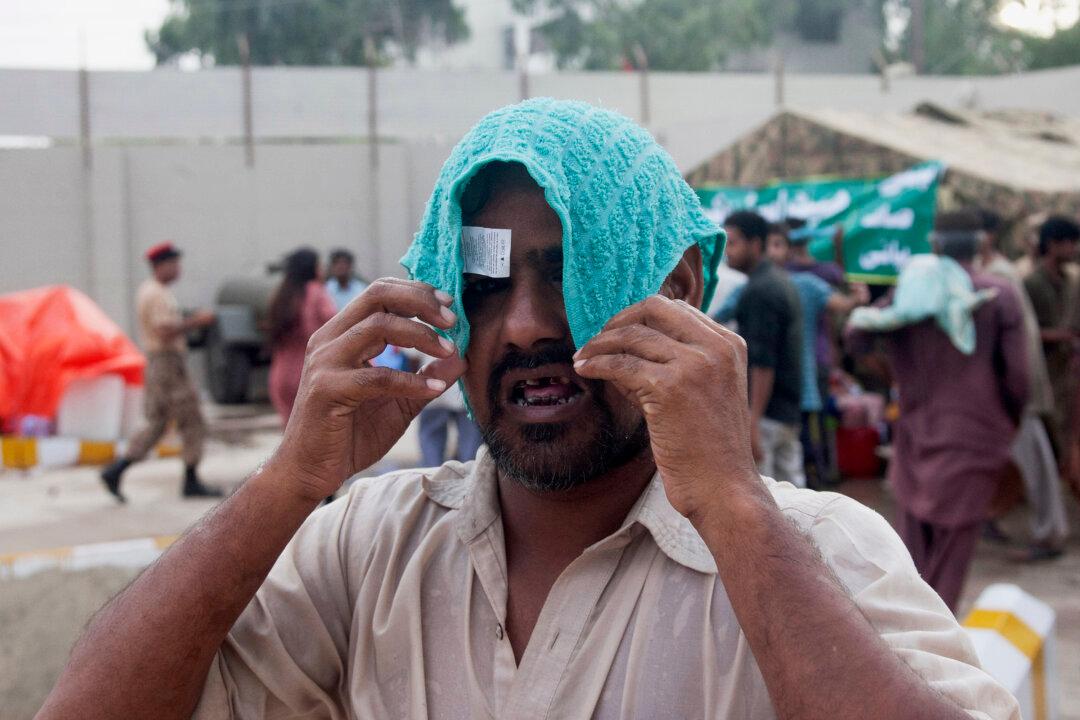KARACHI, Pakistan — A cool wind from the sea and pre-monsoon rains brought the first signs of respite to southern Pakistan on Wednesday, June 24, as the death toll from a scorching heat wave climbed to 838—a high figure even for a nation accustomed to sizzling hot summers.
Temperatures in hard-hit Karachi, the country’s largest city and its commercial hub where the overwhelming majority of the deaths were reported, dropped to 34 degrees Celsius (93.2 degrees Fahrenheit), meteorologist Abdur Rasheed said.
The drop likely marked the end of the heat wave that began on Sunday. Hospital officials said admittances were lower than in previous days, when dehydrated patients lay in corridors and outside on the streets.
We're forced to sleep in the streets





